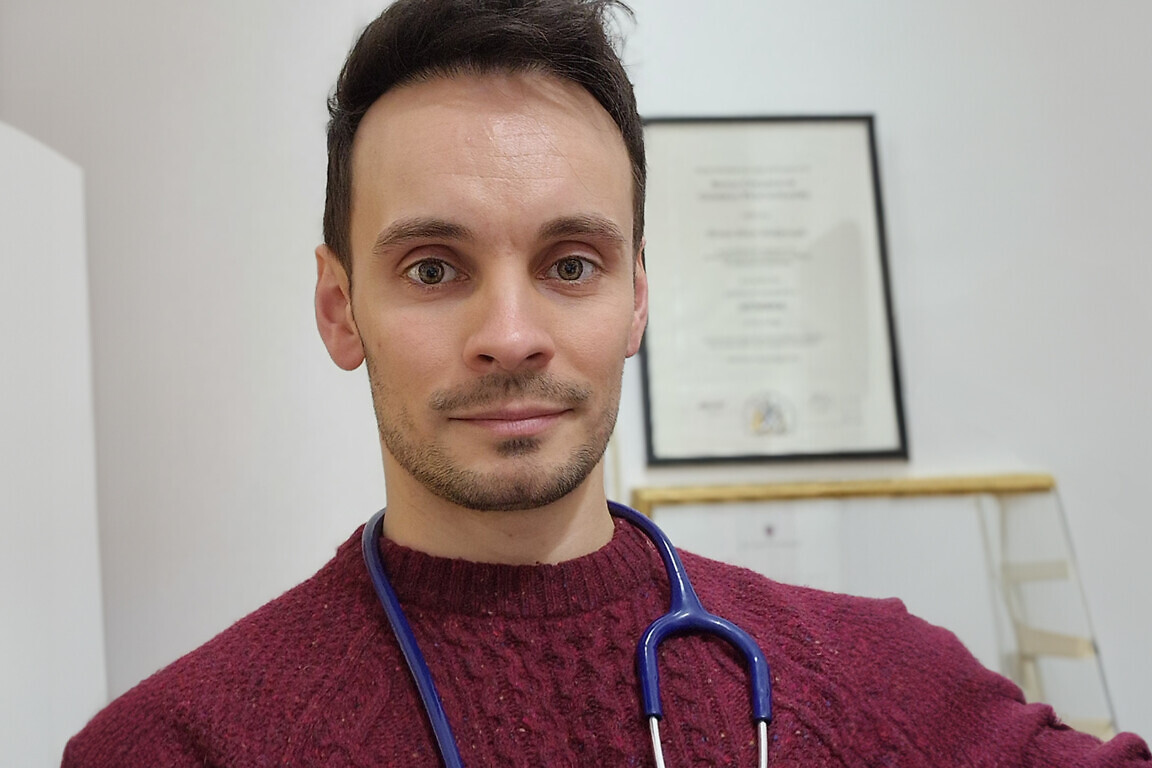Dr Tom Micklewright, a GP and clinical lead for digital transformation, primary care, at Cheshire and Merseyside ICB, and medical director at healthcare organisation, the Organisation for the Review of Care and Health Apps (ORCHA), talks about patient-facing digital health, government investment in the NHS App and the problems of integrating third-party health applications.
As part of a £50 million upgrade from the government, the NHS app will become the default method to send appointments, screening invitations and other important information to patients. Is this the right strategy?
It might do it, but it’s a bold ambition. The scale of that task is just immense. Once you start to choose which products you’re going to integrate, then companies start to challenge you as being anti-competitive.
I don’t have confidence that the NHS will be able to integrate with the entire market. Private health providers have their own apps. Everyone’s got a great solution, but it’s the integration that is the issue.
How should the NHS ensure digital integration is adopted across the board?
Big question! There are multiple ways to tackle that. First, how do we make it easier to find the right products? We need a single, trusted place where anyone can go and know that everything on it is fine to use. We need a safe sandpit for digital health, for patients, clinicians, buyers and patients.
Second, we need a simple way to prescribe apps like we prescribe drugs. Right now, it’s convoluted… logging in, getting codes, finding leaflets.
The final bit is about data integration, bringing all that rich patient data into one place without overwhelming clinicians. That’s much more challenging. We probably need middleware partners who can integrate multiple products and write back to Electronic Health Records (EHRs). We can’t integrate all of these many digital products, but we can make finding and distributing them much easier than it is now.
“Research shows most doctors support digital health that empowers patients.”
How does the UK’s approach to driving clinical integration compare to Europe and the rest of the world?
Germany’s Digital Health (DiGA) framework gives more control over approved products with rigid standards, but it’s expensive to get on and few products qualify. From speaking to people in the German system, clinicians still don’t know about most products.
In the Middle East, Qatar is trying to integrate all data into one place by selecting a few partners at a time.
Eventually, we’re probably going to need to get to a point where we either maximise our options and choice in terms of digital health, or we just start by choosing a small selection to take through to integration and maybe leave the other ones out.

How can apps shift from patient tracking to care pathway integration?
We can’t, if we’re being realistic, say that we’ll be able to integrate all this different data together into one place. It is never going to happen.
But also, how useful is all of that data? For example, am I more interested in how many steps my patients have walked today, or am I more interested in how many times they’ve used their inhaler over the past week? Both sets of data are potentially available through a patient’s mobile device, but there’s only one which I would definitely prioritise for getting access to.
The only way, realistically, we can make it work is to be selective and to create a prioritised list of what patient-focused data is being collected and what would be the most valuable to add to their records.
Do many UK GPs still view health apps as unproven or risky?
Research shows most doctors support digital health that empowers patients. It can halve A&E visits for mental health crises and reduce GP appointments by 18%, but trust is a big issue.
ORCHA research found NHS endorsement carries as much weight as three to five research papers. It’s the same for patients, our Mind partnership shows apps with their certification fly off the shelves because patients trust their judgment instead of navigating countless options on app stores.
“There’s a portion of people who don’t do digital because they don’t trust it.”
Digital health apps risk widening inequalities within, for example, the elderly, low-income, or learning disabled groups. How can the NHS ensure innovation doesn’t leave these people behind?
We have to be careful when we’re talking about people who are digitally excluded, because it’s not a homogenous group of people.
We did some work in Cheshire and Merseyside to understand what stops people accessing digital health and, sure enough, there are a group of people who can’t because of a lack of access to devices or difficulty affording data. They need signposting to charities that provide data or devices.
But the other groups are really interesting. There is a portion of digitally excluded people who want to go digital but just don’t understand how to, and some of the elderly fall into that. What they need is education.
There’s a portion of people who don’t do digital because they don’t trust it, especially because of data security concerns. What they need is reassurance.
And you’ve got a portion of people who don’t see the relevance. What they need is awareness raising.
Understanding those groups is really critical. If you plan your outreach, educate and reassure, then we can probably engage a lot more people in digital health.
Is the UK’s caution on apps a strength or a failure to innovate?
Caution is good. We are not being too cautious; the other barriers are larger. It’s not even about funding. The main issue is a lack of long-term commitment to a single vision.
If the 10-year Health Plan provides this steady trajectory, aligning funding, teams and structures, industry would know where they stand. But the current flip-flopping every few years is making the NHS impossible to do business with and is forcing great companies to leave the UK to survive.



